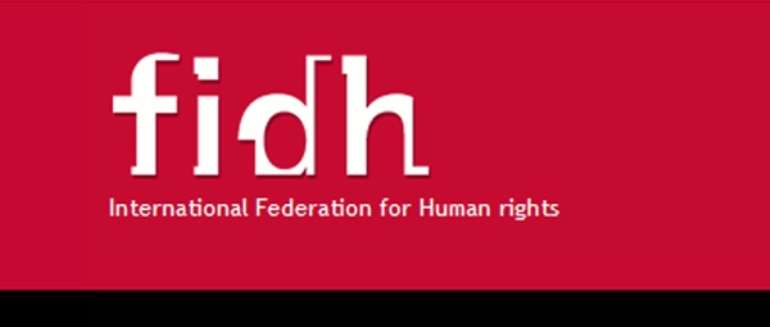Guinea: Guinean authorities must ensure the safety of protesters and organise legislative elections

PARIS, France, August 31, 2012/African Press Organization (APO)/ -- FIDH and its member organisation in Guinea, OGDH, are deeply concerned about the political and security situation prevailing in Conakry, following the violence of Monday, 27 August 2012, that erupted on the sidelines of a demonstration. Our organisations call upon the Guinean government, the security forces, and the opposition parties to refrain from all violence and to enact a consensual framework for the legislative elections, the last step of the political transition that began in 2010.
On Monday, August 27 2012, many confrontations took place in Conakry, in particularly in the districts of Dixinn and Matoto. These clashes were mostly between security forces and supporters of the main opposition parties, which came together in the Political Parties Action Group for the Finalisation of the Transition (CPPFT) and in the Alliance for Democracy and Progress (ADP). These two organisations had called for a protest in favour of the organisation of the legislative elections. This day was marked by the arrest of dozens of opposition activists, and many others, both demonstrators and law enforcement personnel, were injured.
According to reports, several political leaders were attacked by police officers and gendarmes. In particular, Cellou Dalein Diallo, President of the Union of Democratic Forces of Guinea (UFDG ) saw his home being targeted by tear gas grenades in the morning, and the car of Lansana Kouyate, President of the Party of Hope for National Development (PEDN), received several unidentified projectiles while it was carrying Mr. Diallo and M. Sidya Toure, President of the Union of Republican Forces (UFR), later that afternoon.
"It is important to shed light as soon as possible on the violence yesterday, as it seems that they may have exceeded the strict guidelines of policing and maintaining order; under all circumstances Guinean authorities need to guarantee the safety and the right to demonstrate to politicians and their supporters", said Paul Nsapu, FIDH Secretary General, who added "… if we welcome the absence of the military in law enforcement, which is now exclusively left to the police and gendarmerie, the Guinean authorities must ensure the use of conventional and non-lethal weapons, as well as appropriate use of force ".
This violence is indicative of the particularly tense political atmosphere surrounding the organisation of legislative elections, and negotiations on the composition of the Independent National Electoral Commission (CENI) (cf. http://fidh.org/Guinee-La- commemoration-du). Previous events, particularly protests of 10 May 2012 and 27 September 2011, have also been marked with significant violences.
"Guinea, with the organisation of free and transparent presidential elections in 2010, which saw Alpha Condé coming to power, has engaged towards establishing the rule of law. It is urgent that Guinea completes its political transition by organising legislative elections at the end of an inclusive process, in accordance with the Ouagadougou Agreement of 15 January 2010. Guinean people in general aspire to democracy and respect of their fundamental rights", said Thierno Maadjou Sow, OGDH President.
